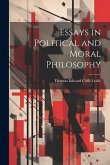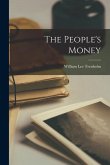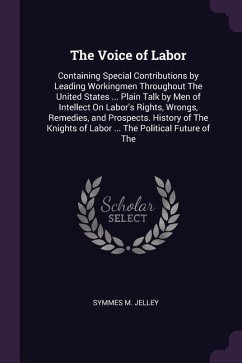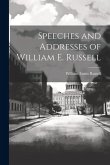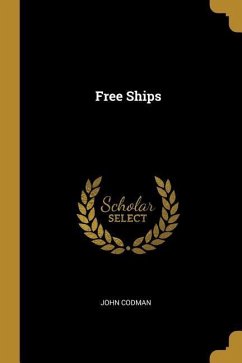John Ruskin's "Time and Tide by Weare and Tyne: Twenty-five Letters to a Working Man of Sunderland on the Laws of Work" offers a compelling glimpse into 19th-century debates surrounding labor, ethics, and social reform. Written directly to a working man, these letters delve into the political economy of the era, examining the challenges faced by the working class in Great Britain. Ruskin explores the moral dimensions of work, urging a re-evaluation of societal values and advocating for improved conditions for laborers. His insightful analysis, situated within the context of industrializing Britain, touches on enduring themes of social justice and the dignity of human effort. This edition presents Ruskin's arguments with clarity, inviting readers to consider his perspective on the relationship between labor, society, and individual fulfillment. A powerful reflection on the working class experience and the ethics of work, "Time and Tide by Weare and Tyne" remains relevant for anyone interested in the history of labor, social science, and the ongoing pursuit of a just society. This work has been selected by scholars as being culturally important, and is part of the knowledge base of civilization as we know it. This work is in the public domain in the United States of America, and possibly other nations. Within the United States, you may freely copy and distribute this work, as no entity (individual or corporate) has a copyright on the body of the work. Scholars believe, and we concur, that this work is important enough to be preserved, reproduced, and made generally available to the public. We appreciate your support of the preservation process, and thank you for being an important part of keeping this knowledge alive and relevant.
Bitte wählen Sie Ihr Anliegen aus.
Rechnungen
Retourenschein anfordern
Bestellstatus
Storno



